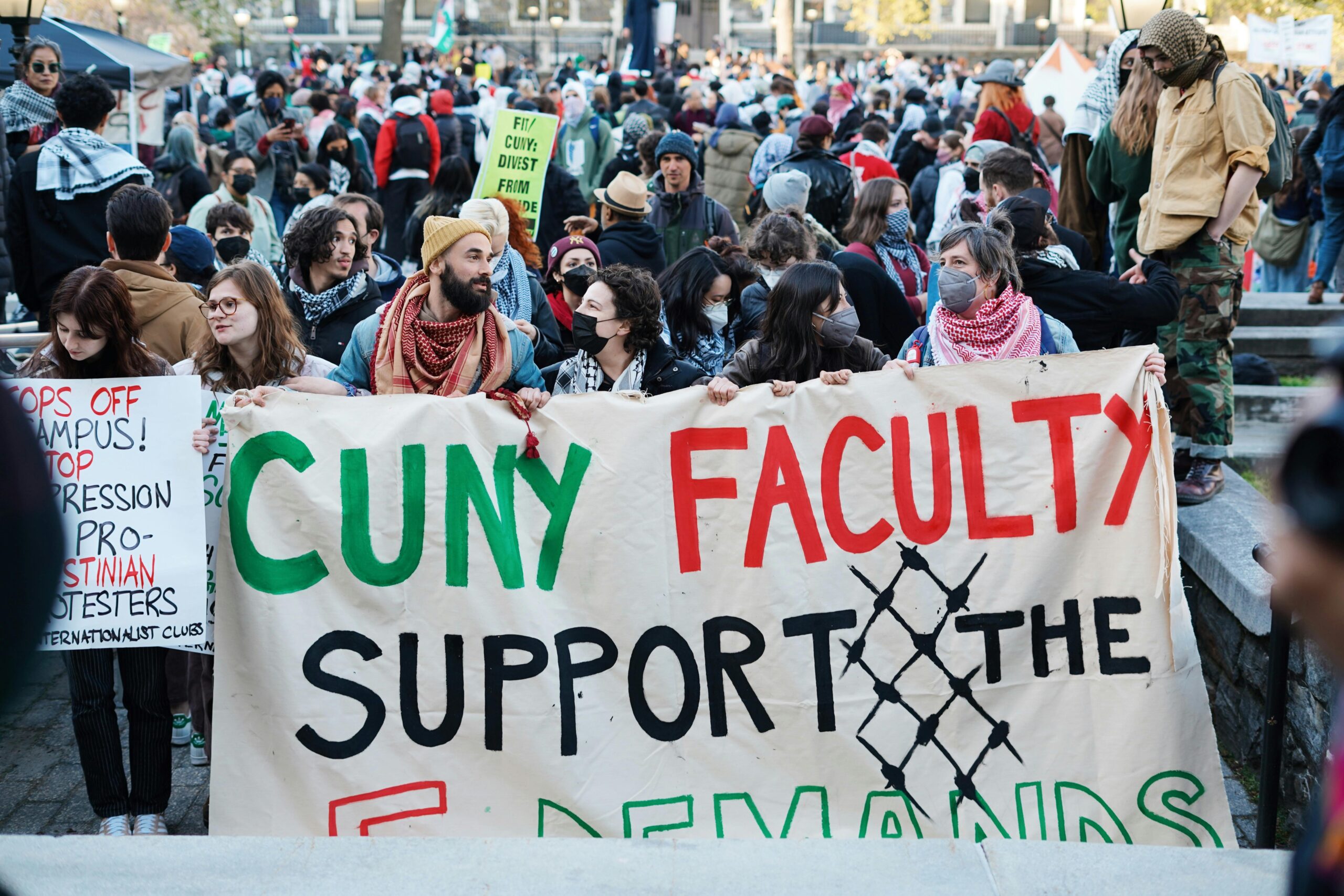
To be a Jewish educator is to enable others to think, feel and act differently—today, tomorrow or sometime in the future—through an encounter with one of the world’s oldest and still-dynamic cultural traditions. The Jewish educator reaches both into the distant past and toward an unbounded future. To be an educator means, then, entering a field of work rich with meaning.
And yet many who choose to do this work do not stick with it for long, and many more who could do this work choose not to start at all. The reasons why have long been known and have been widely documented: Most Jewish educators are poorly paid, receive limited financial benefits, and often find themselves facing emotionally freighted challenges. Educators who work with children frequently need to motivate a resistant or disinterested audience.
The Collaborative for Applied Studies in Jewish Education (CASJE) is a community of researchers, practitioners and policymakers dedicated to improving the quality of knowledge that can be used to guide Jewish education and learning. Located at the George Washington University’s Graduate School of Education and Human Development, the program has just released the first in a series of publications to understand the recruitment, retention and development of Jewish educators in the United States.
This Career Trajectories Study is organized around the following research questions: What does it take to launch a career in Jewish education? What does the labor market for Jewish education look like? Where are personnel shortages and saturation? What factors induce educators to stay in the field, and what supports their professional growth? In addition, the study is estimating the number of Jewish educators in the United States workforce today.
Entitled “Preparing for Entry,” the study is designed to understand the pathways by which people enter the field of Jewish education and identify factors that advance or inhibit launching a career in that field. Three populations were included in this study: those who have taken up positions in the field of Jewish education and intend to remain; those who started work in the field of Jewish education, left within five years and do not intend to return; and those who never worked as Jewish educators but had reasonable potential of doing so, having participated in programs during their college years from which high proportions of Jewish educators tend to come.
The study confirms a theoretical model that the route to beginning a career in Jewish education is a funnel-like process. In this process, people are drawn to work as Jewish educators from a broad range of institutions and experiences and then—as their numbers diminish—pass through a steadily narrower set of frameworks that ease them toward the funnel’s end: a longer-term career in the field. Only a minority of individuals pass all the way through this funnel to a career in Jewish education.
The study highlights the various forks in the road—structural and circumstantial inhibitors—that result in some individuals no longer pursuing work in Jewish education while others continue to do so. These findings help challenge a longstanding hypothesis that entry into this field is a matter of a passion for Jewish education triumphing over the poor material rewards offered.
A key finding about how people become Jewish educators (especially those working in supplementary schools, day schools, and early childhood settings) is that they had more significant Jewish educator role models or positive influences within their families and their communities during their younger years than others did.
Two types of inhibitors discourage individuals from working or making a career in the field of Jewish education: (i) structural inhibitors which are built into the field, such as poor financial compensation, limited benefits and parochialism; and (ii) circumstantial inhibitors, the specific and often unexpected dynamics of particular workplaces. Those who never worked as Jewish educators or did but do not plan to return are more frequently put off by structural inhibitors than are Jewish educators. Jewish educators draw on certain values and passions that better enable them to tolerate the structural inhibitors that drive most people away.
Those who have become Jewish educators are distinct from those who are not Jewish educators, or from those who left the field after a brief stay, in their passions and their values. Jewish educators are moved by a more intense desire to contribute to others, and they are also animated by a sense of Jewish mission—of wanting to contribute to the Jewish community. They often have a passion for Jewish learning that they want to share with others, helped by relatively high levels of Jewish and Hebrew knowledge.
Interview data demonstrate how this fusion feeds their resilience in the face of the structural inhibitors that deflect others who are less motivated. Individuals who choose the path of Jewish education are aware of the challenging workplace conditions many face. Their idealism is not synonymous with naivety.
Many people had reasonable potential of becoming Jewish educators before their professional plans solidified in different directions. They worked at camp over many summers, staffed trips to Israel, served as part-time educators in supplementary schools, or spent the first couple of years after graduation working for a youth organization. These “fellow travelers” view with great affection their time as volunteer, part-time, or short-term Jewish educators.
The impacts of circumstantial inhibitors can be ameliorated most commonly through strong induction programs that cultivate powerful intellectual and emotional assets to help with resisting such challenges. These practices should be extended from day schools, where they have become increasingly normative, to other venues and sectors of Jewish education.
A key finding is that many emergent educators have the capacity to keep going on the journey as a Jewish educator, thanks to their participation in an Enabling Opportunity, a pre-service framework that provides a structured foretaste of what lies ahead, builds the knowledge and skills necessary to be effective, and nurtures networks of support that can make a decisive difference when times are hard. However, most starting educators have not benefited from such an experience.
Some educators prefer to work in Jewish day schools rather than in better-paid public school settings; they enjoy how the school year is shaped by the Jewish calendar and how Hebrew can frequently be heard in corridors and classrooms. Supplementary school teaching, because of its part-time and often avocational character, involves a different calculus of costs and benefits. The challenge of recruiting sufficient quality personnel to the field of Jewish education still comes down, in large part, to candidates having to choose between material and existential rewards.
Is this how prospective Jewish educators see their options today? Or are there additional dimensions to this phenomenon that might suggest new strategies for addressing a problem that has challenged the organized Jewish community since the early 1950s? This is the puzzle underpinning the “Preparing for Entry” exploration of the career trajectories of Jewish educators.
Rabbi Dr. Wallace Greene has had a distinguished career as a Jewish educator and has published widely on the need to professionalize Jewish educators.













